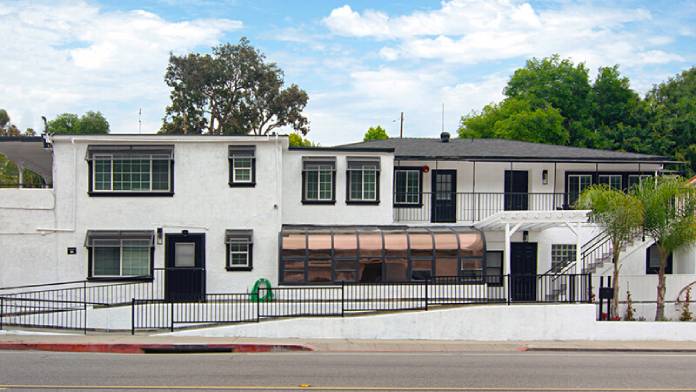They are doing there best ... it probably is extremely difficult dealing with people who are crying because I'm a ball bag I know I couldn't sit there and ask someone questions that u know its going to make a person cry....... imagine they really wanted to piss a person off ...
About Douglas Young Clinic
Douglas Young Clinic is an outpatient mental health facility located in San Diego, California. It is part of CRF Behavioral Healthcare. They treat adults who qualify for Specialty Mental Health Services. They are also open to clients who struggle with serious behavioral health issues and substance use disorder simultaneously.
They accept Medi-Cal and Medi-Cal/Medicare dual insurance. You will never be denied treatment due to an inability to pay. The office is open Monday through Friday, with evening appointments available on Thursdays.
Crisis Intervention
They have Psychiatric Emergency Response Teams, which consist of a mental health professional and a police officer. They can help in the case of an overdose or mental health breakdown.
What to Expect in Treatment
You will have a full assessment to determine the level of care you will need. If you need medication for mental health issues or withdrawal symptoms, the staff can prescribe it.
Everyone will have group and individual therapy. They also provide family therapy, which is very important for people whose loved ones are affected by their illness.
They have several different group sessions, each focusing on a different area of recovery. Staff members are educated about the way mental illness is perceived in different cultures. They are trained to recognize trauma in people of different backgrounds.
Therapy focuses on getting clients to set goals and recognize and develop personal strengths. I like that all the clients participate in peer support meetings. I think group support helps motivate people to realize their goals.
Latest Reviews
Rehab Score
Gallery
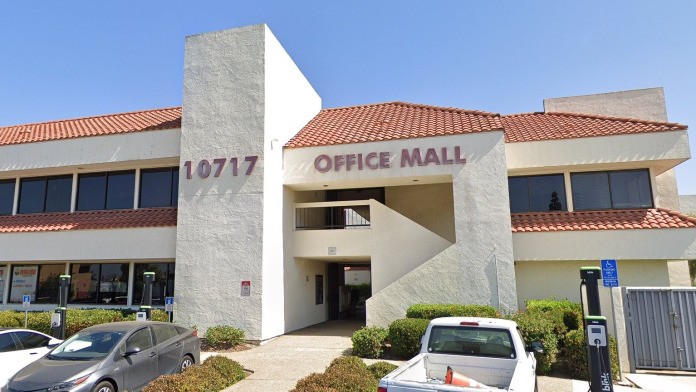
Other Forms of Payment
Private insurance refers to any kind of healthcare coverage that isn't from the state or federal government. This includes individual and family plans offered by an employer or purchased from the Insurance Marketplace. Every plan will have different requirements and out of pocket costs so be sure to get the full details before you start treatment.
Self-pay involves paying for treatment out of your own pocket. You can use savings or credit, get a personal loan, or receive help from family and friends to fund your treatment. If you don't have insurance or your insurance plan doesn't cover a specific program, self-pay can help ensure you still get the care you need.
Financial aid can take many forms. Centers may have grants or scholarships available to clients who meet eligibility requirements. Programs that receive SAMHSA grants may have financial aid available for those who need treatment as well. Grants and scholarships can help you pai for treatment without having to repay.
Sliding scale payments are based on a client's income and family size. The goal is to make treatment affordable to everyone. By taking these factors into account, addiction recovery care providers help ensure that your treatment does not become a financial burden to you or your family, eliminating one barrier to care.
Medicare is a federal program that provides health insurance for those 65 and older. It also serves people under 65 with chronic and disabling health challenges. To use Medicare for addiction treatment you need to find a program that accepts Medicare and is in network with your plan. Out of pocket costs and preauthorization requirements vary, so always check with your provider.
Medicaid is a state based program that helps lower-income individuals and families pay for healthcare. Medicaid covers addiction treatment so those enrolled can use their coverage to pay for rehab. When a program accepts Medicaid the client often pays very little or nothing out of their own pocket.
Addiction Treatments
Levels of Care
 Outpatient
Outpatient
 12-Step
12-Step
Treatments
Many of those suffering from addiction also suffer from mental or emotional illnesses like schizophrenia, bipolar disorder, depression, or anxiety disorders. Rehab and other substance abuse facilities treating those with a dual diagnosis or co-occurring disorder administer psychiatric treatment to address the person's mental health issue in addition to drug and alcohol rehabilitation.
Mental health rehabs focus on helping individuals recover from mental illnesses like bipolar disorder, clinical depression, anxiety disorders, schizophrenia, and more. Mental health professionals at these facilities are trained to understand and treat mental health issues, both in individual and group settings.
Programs

Adult Program

Young Adult Program

LGBTQ Program
Clinical Services
Cognitive Behavioral Therapy (CBT) is a therapy modality that focuses on the relationship between one's thoughts, feelings, and behaviors. It is used to establish and allow for healthy responses to thoughts and feelings (instead of unhealthy responses, like using drugs or alcohol). CBT has been proven effective for recovering addicts of all kinds, and is used to strengthen a patient's own self-awareness and ability to self-regulate. CBT allows individuals to monitor their own emotional state, become more adept at communicating with others, and manage stress without needing to engage in substance abuse.
Dialectical Behavior Therapy (DBT) is a modified form of Cognitive Behavioral Therapy (CBT), a treatment designed to help people understand and ultimately affect the relationship between their thoughts, feelings, and behaviors. DBT is often used for individuals who struggle with self-harm behaviors, such as self-mutilation (cutting) and suicidal thoughts, urges, or attempts. It has been proven clinically effective for those who struggle with out-of-control emotions and mental health illnesses like Borderline Personality Disorder.
Group therapy is any therapeutic work that happens in a group (not one-on-one). There are a number of different group therapy modalities, including support groups, experiential therapy, psycho-education, and more. Group therapy involves treatment as well as processing interaction between group members.
In individual therapy, a patient meets one-on-one with a trained psychologist or counselor. Therapy is a pivotal part of effective substance abuse treatment, as it often covers root causes of addiction, including challenges faced by the patient in their social, family, and work/school life.
Trauma therapy addresses traumatic incidents from a client's past that are likely affecting their present-day experience. Trauma is often one of the primary triggers and potential causes of addiction, and can stem from child sexual abuse, domestic violence, having a parent with a mental illness, losing one or both parents at a young age, teenage or adult sexual assault, or any number of other factors. The purpose of trauma therapy is to allow a patient to process trauma and move through and past it, with the help of trained and compassionate mental health professionals.
Family therapy offers a platform for members to have an open dialogue about the challenges that addiction has placed on the family unit. Through guided sessions, therapists can help families develop healthy communication skills and address unresolved issues. By working together toward a common goal, they help to support their loved one's sobriety.
While in rehab treatment, you may work on developing various life skills to help you in long term recovery. These may include resilience, interpersonal skills, and self awareness. The focus will be on developing healthy habits for self care and relationships so you have the skills you need to manage day to day life.
Nutrition therapy, aka medical nutrition therapy (MNT), is a way of treating physical, emotional, and medical conditions through diet. Specific dietary plans are designed by professional nutritionists or registered dietitians, and patients follow them in order to positively affect their physical and mental health.
Experiential therapy is a form of therapy in which clients are encouraged to surface and work through subconscious issues by engaging in real-time experiences. Experiential therapy departs from traditional talk therapy by involving the body, and having clients engage in activities, movements, and physical and emotional expression. This can involve role-play or using props (which can include other people). Experiential therapy can help people process trauma, memories, and emotion quickly, deeply, and in a lasting fashion, leading to substantial and impactful healing.
Staff
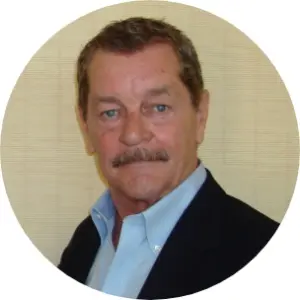
William (Hobie) Hawthorne, PhD
Founder
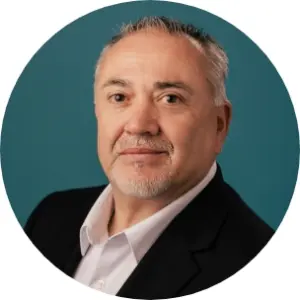
Dr. James “Diego” Rogers, PsyD
Chief Executive Officer
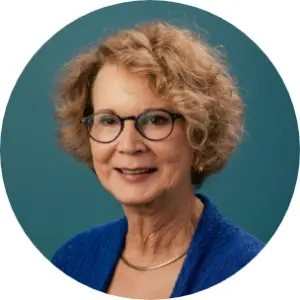
Linda Hammond, PhD, LMFT
President
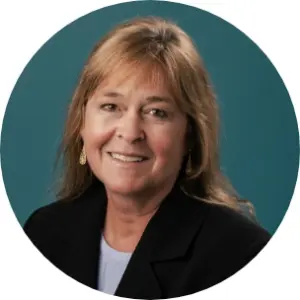
Karen Wheeler, MSA, CPA
Executive Vice President, Chief Financial Officer
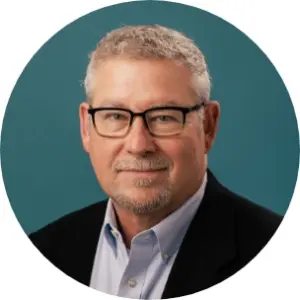
Jack Farmer, PhD
Executive Vice President, Chief Administrative Officer
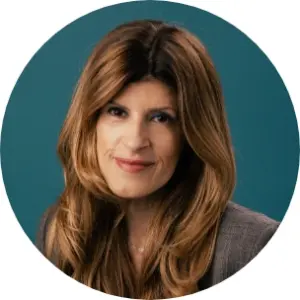
Paula Gonçalves, PsyD
Executive Vice President
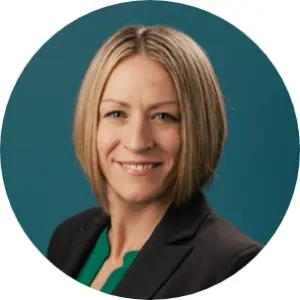
Mary Wheeler, LMFT
Senior Vice President of Clinical Operations
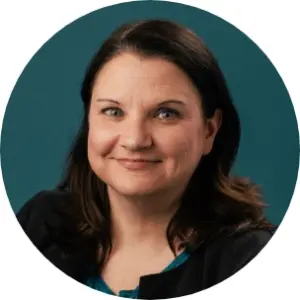
Jessica White, Esq., SPHR
General Counsel & Senior Vice President
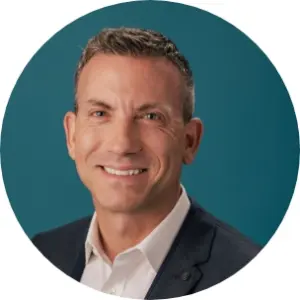
Dan Maccia, PsyD, CPRP
Vice President of Residential Services and Clinical Training
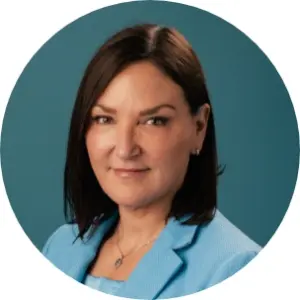
Julie McPherson, LMFT
Vice President of Children’s and CalWORKs Behavioral Health Services
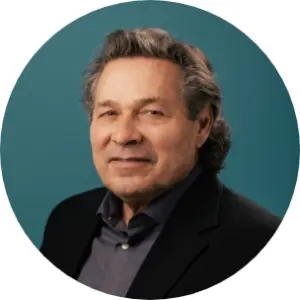
Mark W. Marvin, PhD
Vice President of Psychiatric Emergency Response Team Division
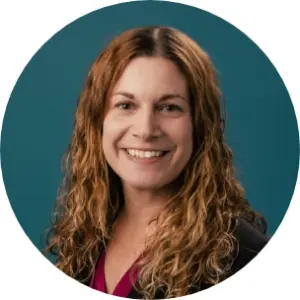
Nicole Anderson, LCSW
Vice President of Assertive Community Treatment and Housing Services

Stephanie B. Alexander, JD, SPHR, SHRM-SCP
Vice President of Human Resources
